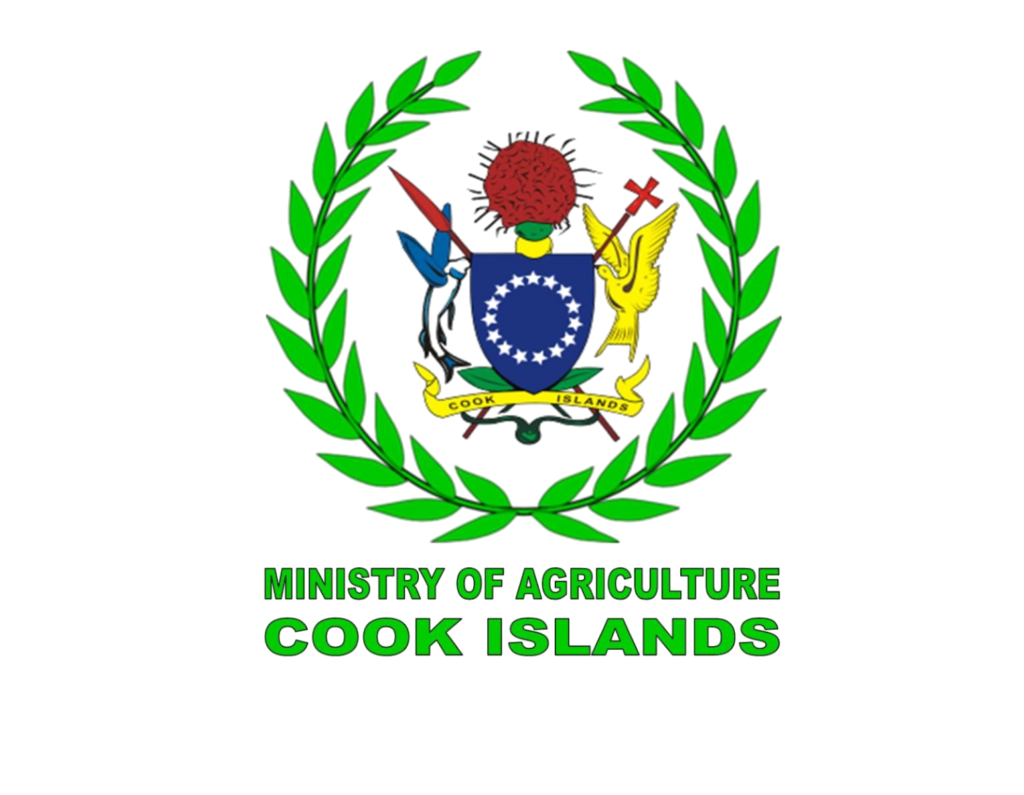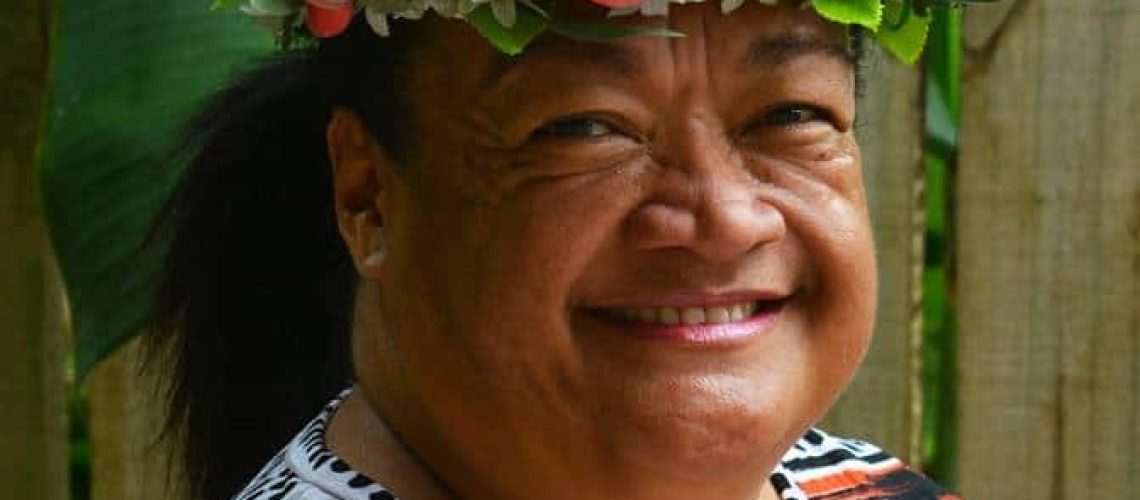Scholarship opportunity to train up Cook Islands scientists to fight the invasive pests that will thrive in warmer climate.
 Extreme temperatures will change the type of invasive pests that can survive and proliferate in Cook Islands, leading to a broader range of crop diseases, officials warn.
Extreme temperatures will change the type of invasive pests that can survive and proliferate in Cook Islands, leading to a broader range of crop diseases, officials warn.
Agriculture Secretary Temarama Anguna-Kamana is encouraging Cook Islanders to apply for doctoral scholarships in climate change and invasive species, offered by the University of Newcastle and the Secretariat of the Pacific Regional Environment Programme.
She says this is important research for the country, because at present the impacts of climate change can affect agriculture in several areas.
“Annual average temperatures will continue to rise and there will be more extreme temperature events,” she said.
“There will be more extreme rain events resulting in more flooding. Cyclones are not predicted to increase in frequency, but will become more intense.”
Average annual rainfall levels are projected to remain similar, but rainfall patterns will change with more frequent and more intense extreme rainfall days.
Droughts will also be prolonged, Anguna-Kamana said.
She added that sea level rises will increase salinity of low-lying growing areas such as taro swamps around the coastal fringe of islands.
“Sea-level rise, salt spray and sea water intrusion have already impacted on agricultural activities on the low-lying atolls of the Northern Group.”
Anguna-Kamana said being aware and understanding the types of invasive species that can eventuate, allows the Cook Islands to better prepare or manage these pests.
Applications are open for research candidates interested in either the topics of climate change impact on the spread of invasive weeds or understanding the human-invasive species relationship for climate resilient communities.
PhD Scholarships are for eligible citizens of Pacific countries including the Cook Islands.
The Secretariat of the Pacific Regional Environment Programme said invasive species are one of the primary drivers of biodiversity loss in the Pacific.
The environment organisation says much more needs to be understood about human-invasive relationships in the Pacific, including community perceptions and the role of climate change.
Pacific Node coordinator from The University of Newcastle based at SPREP, Dr Sascha Fuller said the two PhD scholarships being offered provide an excellent opportunity for people from Pacific island nations to develop expertise in invasive species management and conservation while collaborating with Pacific leaders.
“There is so much to understand about both the human-invasive species relationship, and the spread of invasive species as a result of climate change,” Dr Fuller said.
“These PhD projects have the potential to offer solutions for the Pacific by people from the Pacific.”
The successful candidates will be based in Samoa and will work with the SPREP Invasive Species programme, Pacific Regional Invasive Species Management Support Service (PRIMSS) partners, national governments and their invasive species coordinators.
Applications close on August 23.
For information on the scholarship scheme and the University of Newcastle and SPREP partnership, email [email protected].

